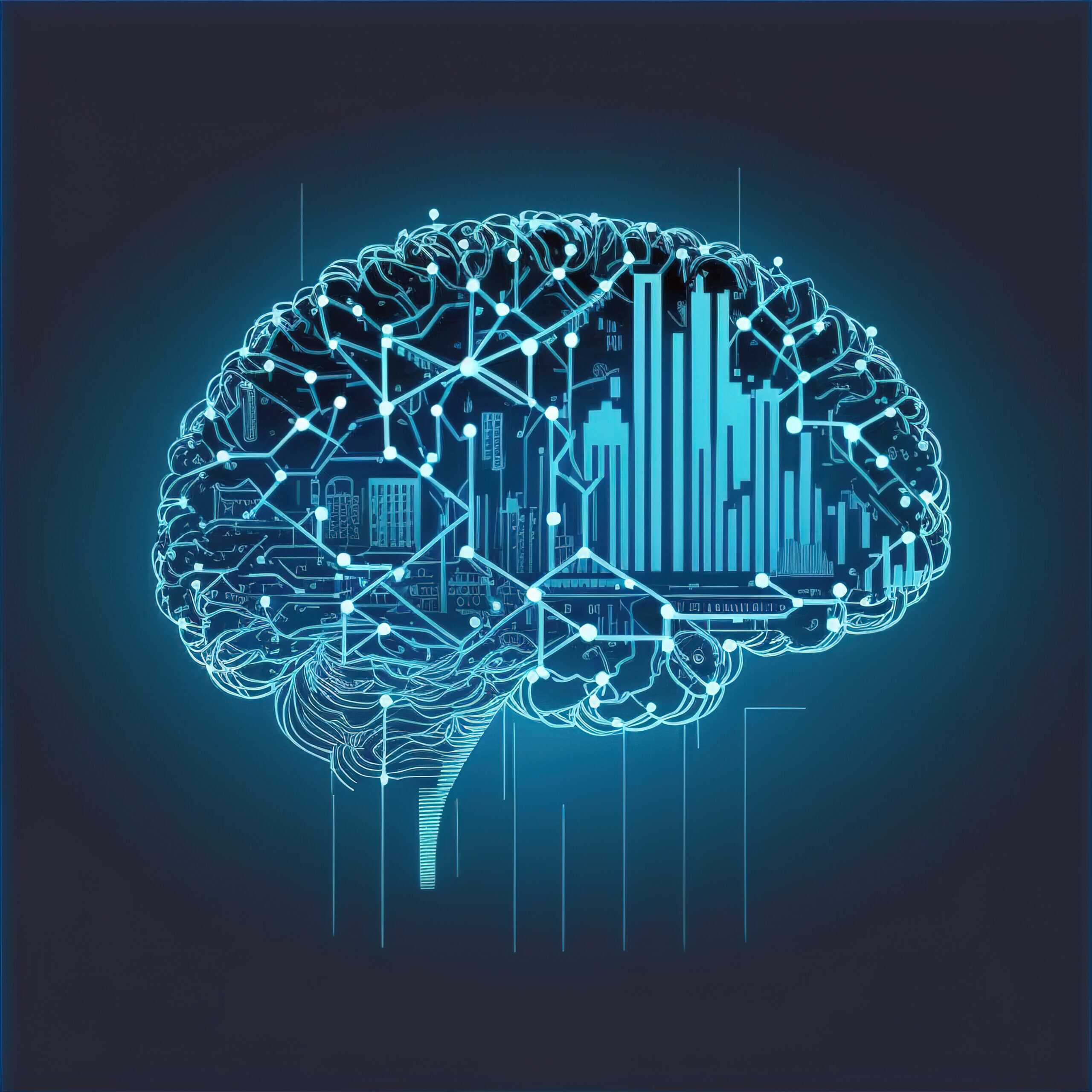This week, how to improve Artificial Intelligence in the future.
Welcome to The Digital Eye, your weekly roundup of the latest technology news.
Our team of experts have scoured the internet for the most exciting and informative articles so that you can stay up-to-date on all things digital, data, blockchain, AI & analytics.
We hope you find this information valuable and would appreciate your help in sharing it with others who may also be interested.
Is Innovation Fundamentally Slowing?
AI is currently enjoying a heyday, but is innovation slowing?
Key findings
- Economist Impact’s linguistic analysis of AI research finds that several key concepts underpinning today’s AI applications emerged and were developed in a period typically considered an “AI winter” of stagnant interest and investment.
- Linguistic diversity in academic literature, a proxy for innovation intensity, has waned since 2010 while patenting activity has increased. Findings suggest that AI investment is increasingly concentrated in a narrowing field of commercial applications, which may come at the expense of more exploratory and foundational research.
Running multiple APIs side-by-side with AI paves way to hyper-automation
This article was contributed by Archil Cheisvili, CEO of GenesisAI.
For business, time and money are precious commodities. The rise of the Application Programming Interface, better known as APIs, has streamlined business operations and created a better customer experience. This kind of automation saves businesses both time and money, but also provides valuable data and an improved user experience.
From chatbots to checkout, APIs have become a critical part of running a business in a digital world. Yet, while technology has brought millions of applications to the market built to help businesses improve their operations, the problem is that they often must use three to five APIs separately yet together to get the information and process flow they need for their business.
Screens over shovels: Using digital technology to modernise public works
A new report shows there are more sustainable and efficient ways to maintain public infrastructure.
As people move from rural to urban areas, expanding cities are pressed to consider new ways of managing labour-intensive public works, such as building and maintaining roads, drains, streetlights, and solid waste management services. How can local governments manage sprawling infrastructure, when the need to boost resilience to natural hazards and climate change demands collecting and maintaining detailed, up-to-date geographic data about critical infrastructure?
In Digital Works for Urban Resilience: Supporting African Youth, our team reports on ways that cities can use digital technology to maintain public works in more efficient, cost-effective, and gender-inclusive ways. Using digital data could also help to close the digital divide, especially for youth. Funded by the Global Facility for Disaster Reduction and Recovery, the report shows how seven pilot projects used digital technology to test a new data- and technology-driven workflow to modernise public works.
Harnessing Randomness in Machine Learning
How “random” should random be?
Have you ever had your models spit out different results every time you run the same code? Have you experienced your training data changing constantly or your machine learning models having different parameters every time you tune them?
If you have, it is likely that you have neglected a core ingredient present in most machine learning tasks: randomness.
Randomness is an important element in machine learning. It helps eliminate inherent biases and is conducive to building a generalized machine learning model.
The Challenges of Creating Features for Machine Learning
What are the challenges of creating features for machine learning and how can we mitigate them.
When I decided to leave academia and re-train as a data scientist, I quickly found out that I had to learn R or Python, or well… both. That’s probably the first time I heard about Python. I never imagined that 3 years later I would be maintaining an increasingly popular open source Python library for feature engineering: Feature-engine.
In this article, I want to discuss the challenges of feature engineering and selection both from the technical and operational side, and then lay out how Feature-engine, an open source Python library, can help us mitigate those challenges. I will also highlight the advantages and shortcomings of Feature-engine in the context of other Python libraries. Let’s dive in.
Article by @EurekAlert
Computer scientists at the University of Essex have devised a radically different approach to improving artificial intelligence (AI) in the future.
Published in the top machine learning journal – the Journal of Machine Learning Research – the Essex team hope this research will provide a backbone for the next generation of AI and machine learning breakthroughs.
This could be translated to improvements in everything from driverless cars and smartphones having a better understanding of voice commands to improving automatic medical diagnoses and drug discovery.


